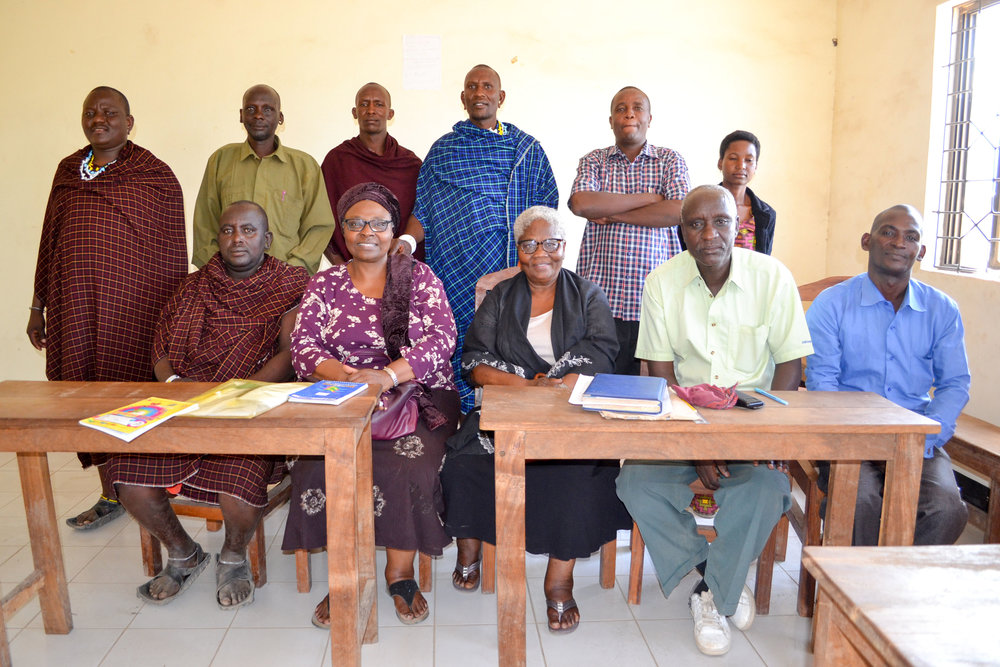
BACKGROUND & RESEARCH
The government in Tanzania has decreed that all children over 6 years old must attend primary school. This is almost impossible as the schools do not have the capacity to accommodate the children. In Arusha and Moshi, which are very underdeveloped, primitive parts the country, primary schools typically have well over 1000 pupils with only around six or seven classrooms. An average of 150+ pupils per class is not uncommon. A needs analysis conducted by Mondo challenge foundation among 12 schools in the Arusha and Meru region reflected this situation. It showed that the numbers in some classes were so much that the desks were inadequate and up to 5 pupils occupied a bench meant for 2.According to the Human Rights Watch, “Tanzanian law and international treaties that Tanzania has ratified state that everyone under 18 has a right to education”. This 'right' relies on children passing the Primary School Exam which is required to access public Secondary Education . Many children fail this exam due to lack of resources and are pushed out of school each year long before they are 18 years old. More than 400,000 children (49.4%) failed the exam in 2013, in the previous year 69.3% failed. Girls are also disproportionately affected with lower percentages passing the exam (Kippenberg, 2014).

The Contributing Factors for this situation are:
- Overcrowded classrooms
- Lack of teachers
Overcrowded classrooms
Typically there can be between 150 – 200 pupils per teacher. This draws to attention the quality of education the pupils receive and the ability of the primary school teachers to effectively monitor and improve the progress/performance of pupils that need more help.
Lack of teachers
This seems to be a problem on a national level. According to Wedgwood (2013), Primary schools was expanded which naturally increased the demand for teachers. The situation is to the extent that there were not enough secondary graduates to meet the demand. Primary school teachers who do not have secondary education were employed in a desperate move to meet the demand.
Recommendations
More than ever, there is a pressing need to support the teachers in Tanzania. A temporary measure is liaising with colleges and universities abroad who have students that want to volunteer for their gap year. In the rural areas, teachers travel typically for up to two hours to get to school. Building accommodation in proximity to the schools will make the teachers more efficient and effective.
Visit 'Our Projects' for more information about the schools we currently are working with.
